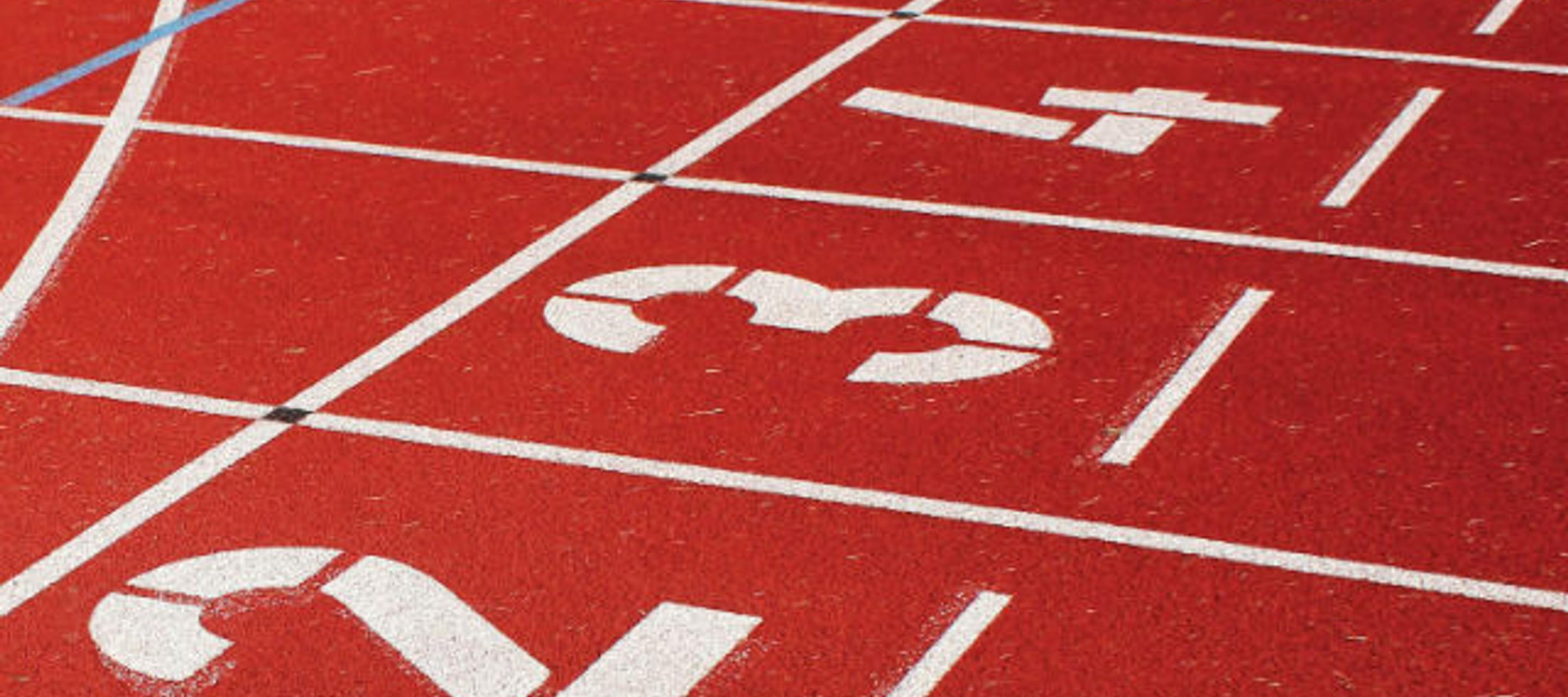Harm Free Sport - Aligning Sports Bodies, Sporting Values, and Human Rights
30 March 2018

Several major sports governing bodies are making strides towards implementing their commitments to respect human rights throughout their operations.
Over the past 12 months, we’ve seen adoption of the International Olympic Committee’s new host city contract and the UEFA bidding requirements for the 2024 European Championships. The Commonwealth Games Federation’s Human Rights Policy and 2022 Games Candidate City Manual have come online, as well as FIFA’s new Human Rights Policy which follows the recommendations it commissioned in 2016 from Professor John Ruggie.
Significant Progress in 2017
This trend reflects a growing recognition among leaders in the sports sector of their human rights responsibilities consistent with the UN Guiding Principles on Business and Human Rights (UNGPs). These steps have been achieved through collaboration between sports bodies, and a noteworthy commitment to multi-stakeholderism, in particular with regard to a joint commitment to establish an independent Centre for Sport and Human Rights in 2018.
Sports bodies already take meaningful steps to promote integrity and safeguard the well-being and dignity of athletes, fans, officials, volunteers, employees, and local residents.
Progress by a number of leading actors in developing and strengthening their systems to manage human rights risks has been widely welcomed. However, it should also be recognised that a generation of work will be needed to fully align the world of sport with the fundamental principles of human dignity, human rights, and labour rights.
Indeed, there are thousands of sports bodies at global, regional and national levels, who have yet to commit to respecting human rights or demonstrate their implementation. As such, there is a need to support organisations at all levels in identifying their responsibilities and the steps to implement within their operations.
Aligning Human Rights with Sporting Values
The good news is we are not starting from scratch. There is already a great deal of alignment between sporting values and human rights. Sports bodies are custodians of sporting movements and promote sporting values by ensuring that standards of equal opportunity, diversity, anti-discrimination and integrity are upheld. Respect for human rights is not separate from such objectives; rather respect for human rights strengthens these objectives under a common narrative of “harm free sport”.
A generation of work will be needed to fully align the world of sport with the fundamental principles of human dignity, human rights, and labour rights.
Sports bodies already take meaningful steps to promote integrity and safeguard the well-being and dignity of athletes, fans, officials, volunteers, employees, and local residents. They do this, for example, by providing safe and decent conditions of work, by enforcing non-discriminatory policies and ensuring their sports and sport venues are accessible to persons with disabilities and from all genders and backgrounds, as well as by procuring equipment and services responsibly.
However, despite sport and human rights being natural allies, this has often not been the case. As is increasingly recognised, mega-sporting events can contribute to a range of negative impacts on athletes, fans, communities, children, workers, human rights defenders and representatives of the press. The wider world of sport has also been linked to violations of human rights including discrimination and sexual abuse. In response, society’s expectations of sports bodies have never been higher, and ensuring that sport is harm free across the board must be a matter of urgency.
New Guidance
The Mega-Sporting Events Platform for Human Rights (MSE Platform) has produced a new implementation guide for sports bodies large and small. “Championing Rights in the Governance of Sports Bodies” is a joint effort, developed in consultation with the MSE Platform Sports Governing Bodies Task Force, co-chaired by David Grevemberg CBE (Chief Executive, Commonwealth Games Federation) and David Rutherford (Chief Commissioner, New Zealand Human Rights Commission).
Colleagues from Unicef UK and DLA Piper supported the drafting (with special thanks to Lucy Amis and Daniel D’Ambrosio respectively) ensuring that this resource will provide practical guidance and recommendations for all involved in governing sports bodies. The new guide is being launched at the Commonwealth Games Federation General Assembly on 31 March 2018, ahead of the Gold Coast 2018 Commonwealth Games. The publication will form the basis of on-going outreach and training to sports bodies at regional, national and local levels.
Embedding Human Rights Within Sports Body Governance
Ensuring the values of sports bodies are fully aligned with human rights starts at the governance level, with the development and implementation of effective policies.
The new implementation guide for sports bodies large and small will truly help to embed human rights within sports body governance.
Starting with governance, and having the right tools in place to build human rights respecting institutions within the world of sport, is a meaningful step towards the goal of harm free sport for all.
For detailed guidance on embedding human rights within sports body governance, follow this link to access “Championing Rights in the Governance of Sports Bodies”.




